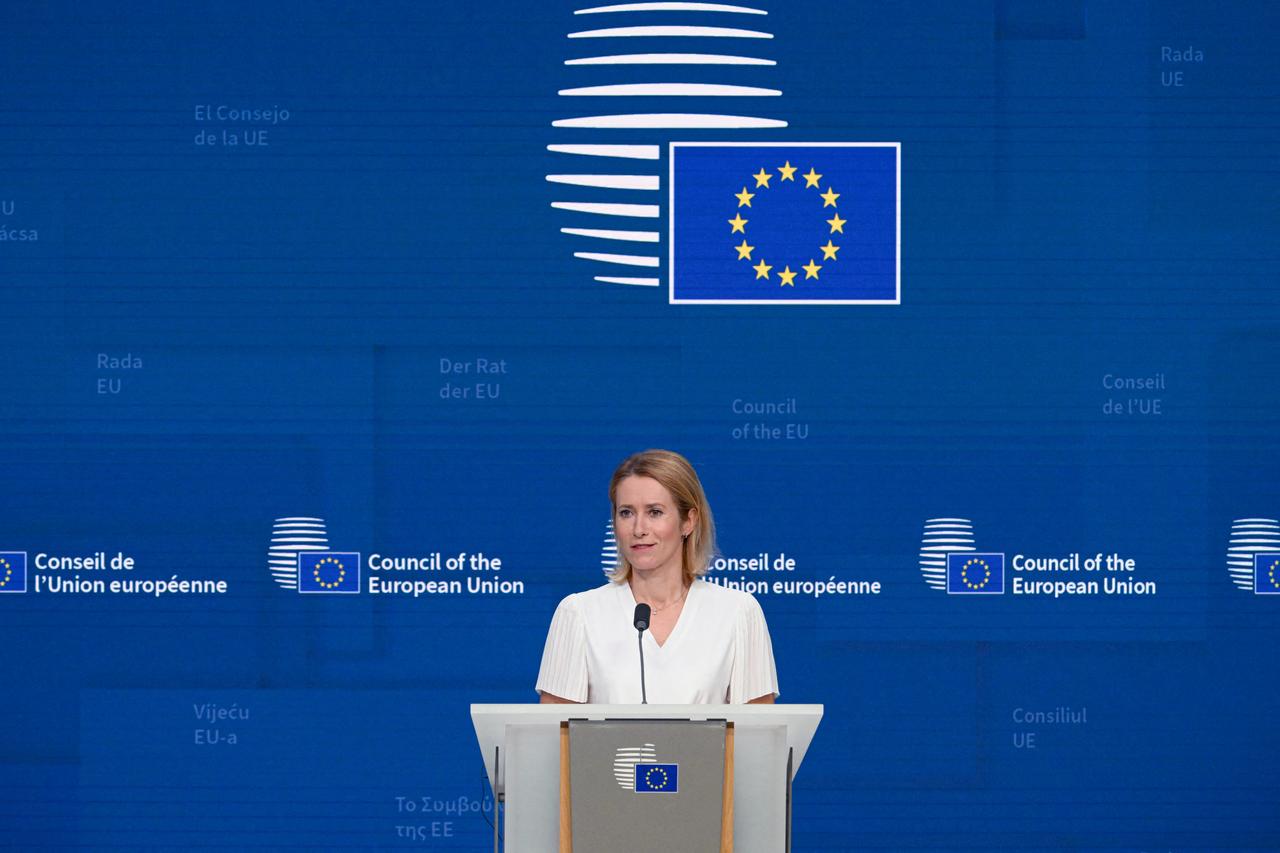
European Union High Representative for Foreign Affairs and Security Policy Kaja Kallas stated that EU countries are united in the view that Iran should not have nuclear weapons, but the way to prevent this is through diplomacy, calling for moderation from "all parties."
Kallas convened an emergency meeting of EU foreign ministers via videoconference following the conflict that began with Israel's attacks on Iran.
Speaking to the press after the meeting, Kallas said the ministers called on "all parties" to comply with international law, show moderation, and avoid actions that could get out of control.
"We all agreed that de-escalation of tensions is an urgent need. Iran cannot have nuclear weapons. The solution to prevent this is diplomacy. The EU will do its part," Kallas said.
Emphasizing that ministers also agreed that the tension escalated by Iran's retaliations against Israel should not divert attention from the humanitarian situation in Gaza, Kallas stated, "We call for urgent and full access to humanitarian aid, a cease-fire, and release of prisoners."
Kallas noted that the review process that could result in the suspension of the Partnership Agreement with Israel due to the Tel Aviv government's unlawful actions in Gaza was not discussed in today's meeting, that the review continues, and that this will be addressed at the regular Foreign Ministers' Meeting on June 23.
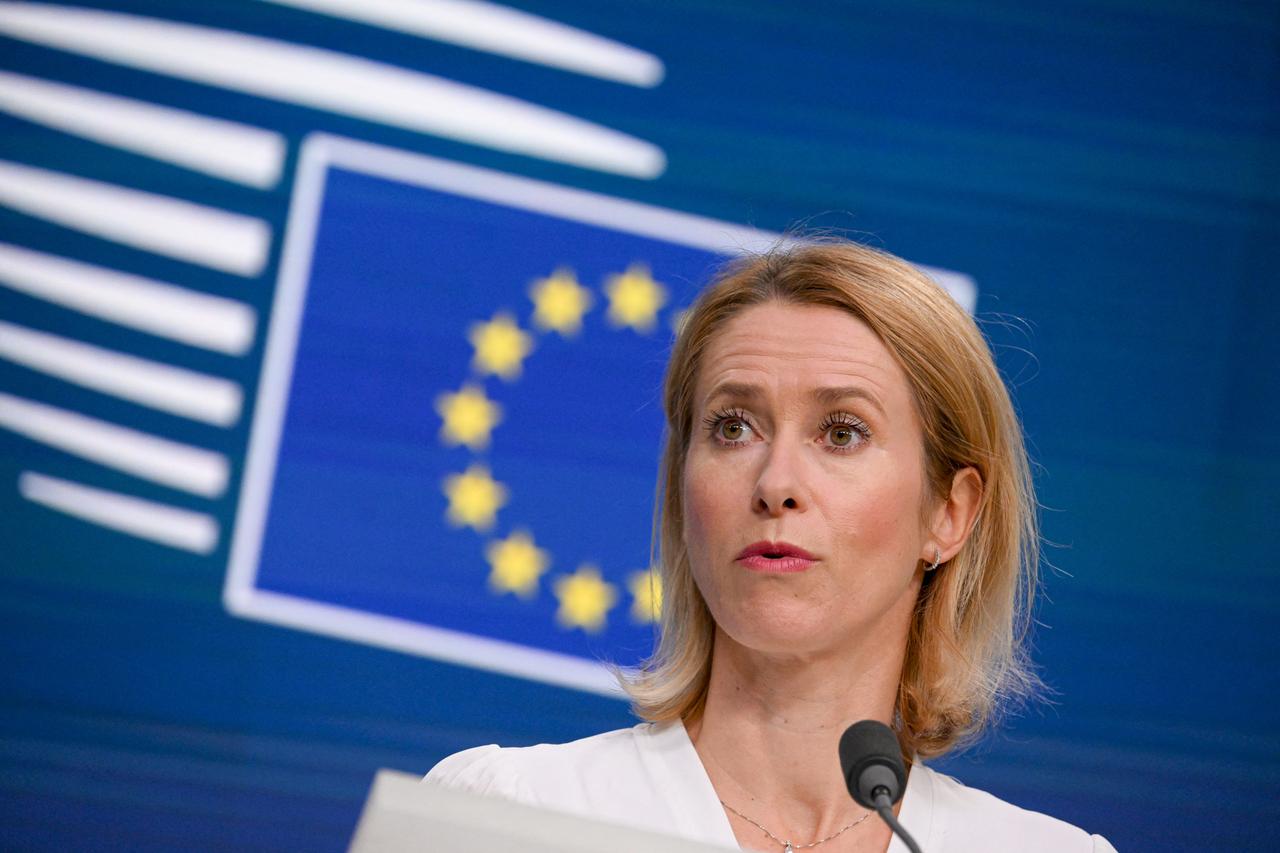
Israel's army claimed to have destroyed half of Iran's ballistic missile launchers in large-scale attacks launched on June 13.
According to Israeli Army Radio, ballistic missile launchers were targeted in ongoing attacks on Iran.
It was claimed that half of Iran's ballistic missile launchers were rendered unusable in Israel's attacks.
World Health Organization (WHO) Director-General Tedros Adhanom Ghebreyesus announced that the escalation of violence between Israel and Iran is extremely concerning.
Ghebreyesus made a post on X regarding the conflict that began with Israel's attacks on Iran.
Using the expression "The escalation of violence between Israel and Iran is extremely concerning," Ghebreyesus stated that this situation has resulted in the loss of civilian lives, including children.
Ghebreyesus pointed out that the increase in the number of injured civilians is also saddening.
Emphasizing they are particularly concerned about nuclear facilities being targeted, which could have immediate and long-term effects on the environment and health of people in Iran and the region, Ghebreyesus stated, "We call on all parties to work for peace. The bravest choose peace."
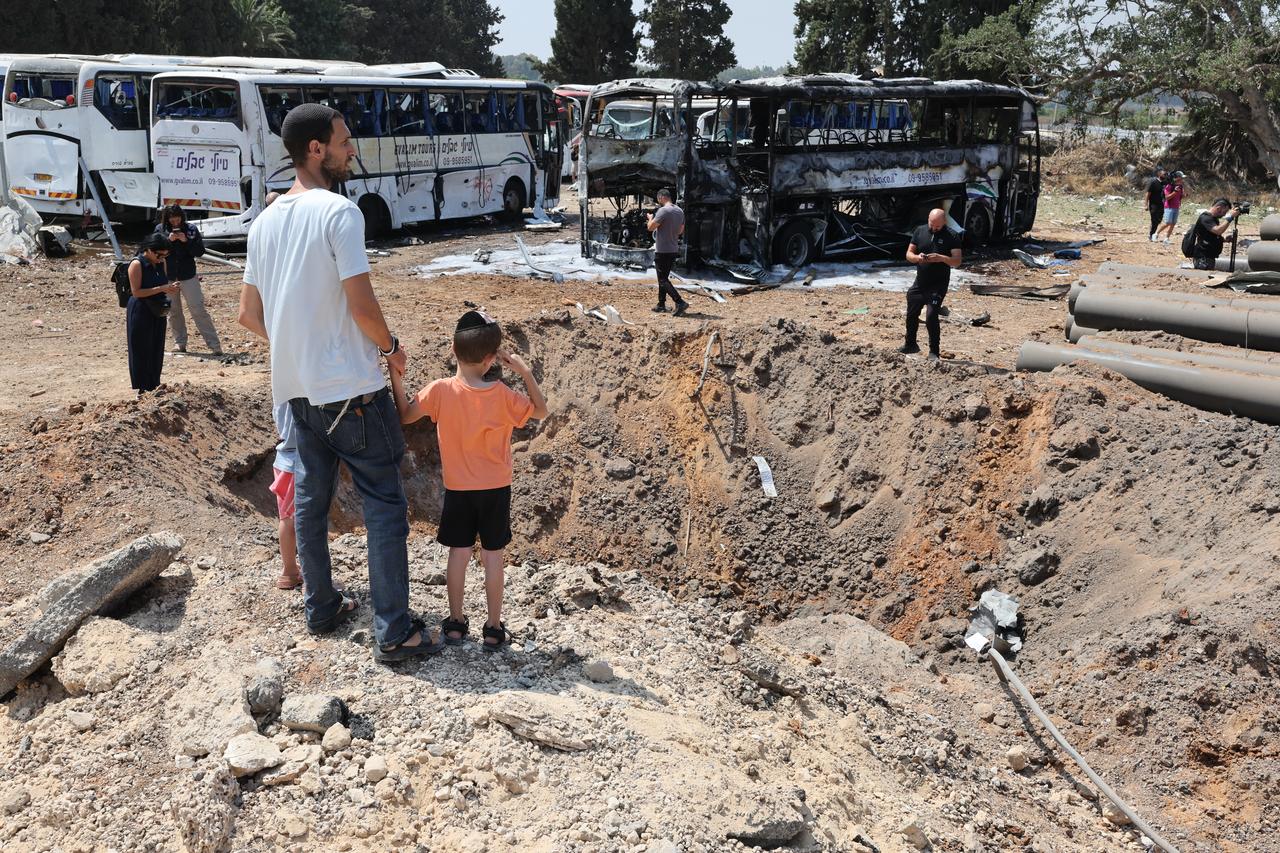
Jordan's King Abdullah II said, "With Israel expanding its attacks to include Iran, it's unclear where the boundaries of this battlefield will end. My friends, this is a threat to people everywhere."
King Abdullah addressed the European Parliament (EP) General Assembly.
Stating that in his speech at the EP 5 years ago, he expressed that conflicts in the world should reach political solutions, King Abdullah noted that Israel's attacks on Iran could lead to escalating tensions in the Middle East and beyond.
"With Israel expanding its attacks to include Iran, it's unclear where the boundaries of this battlefield will end. My friends, this is a threat to people everywhere," King Abdullah said.
Also referring to Israel's attacks on hospitals in Gaza, King Abdullah reported that, according to the World Health Organization, nearly 700 attacks on health facilities in Gaza have been carried out since 2023.
"How is it that what was considered an atrocity just 20 months ago has now become so commonplace?" King Abdullah reacted, saying what is happening in Gaza is contrary to international moral standards.
Stating that the situation in the occupied West Bank is getting worse, King Abdullah said, "If the global community does not act decisively, we will be accomplices in rewriting what it means to be human, because if Israeli bulldozers continue to illegally demolish Palestinians' homes, olive groves, and infrastructure, they will also bulldoze the guardrails that define moral behavior."
King Abdullah emphasized that Palestinians deserve the right to freedom, sovereignty, and statehood.
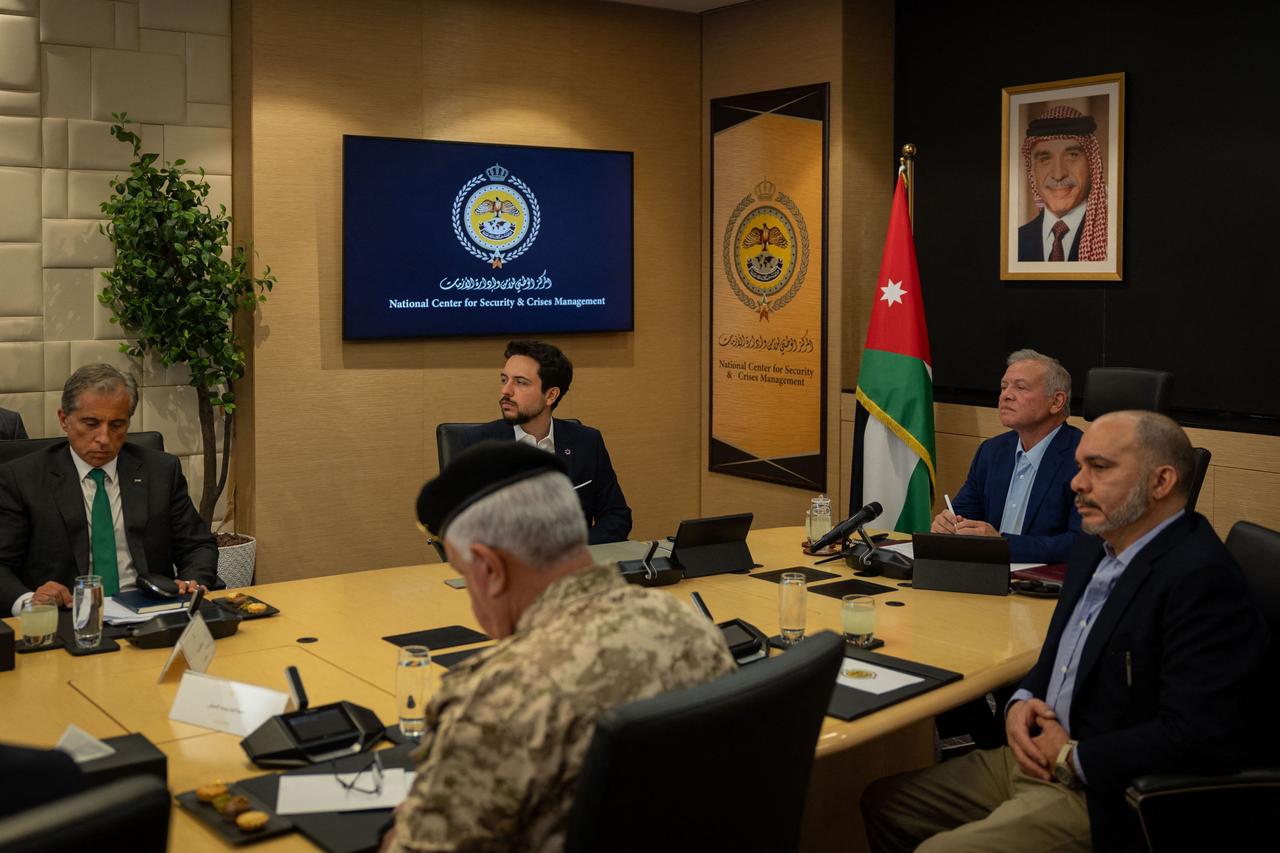
U.S. officials announced that ships were used for defense against Iranian missiles.
Two unnamed US officials speaking to NBC News stated that U.S. ships were used for defense against Iranian missiles, in addition to land-based interceptor systems.
However, officials noted that the total U.S. intervention was relatively low.
Israeli Prime Minister Benjamin Netanyahu had said in his statement to Fox News, "US pilots, like our pilots, are destroying drones coming to Israel; the US-origin THAAD ballistic missile defense system is helping defend the capital, Tel Aviv, and its surroundings; and US ships equipped with the Aegis combat system with ballistic missile launch capability are also in the Mediterranean."
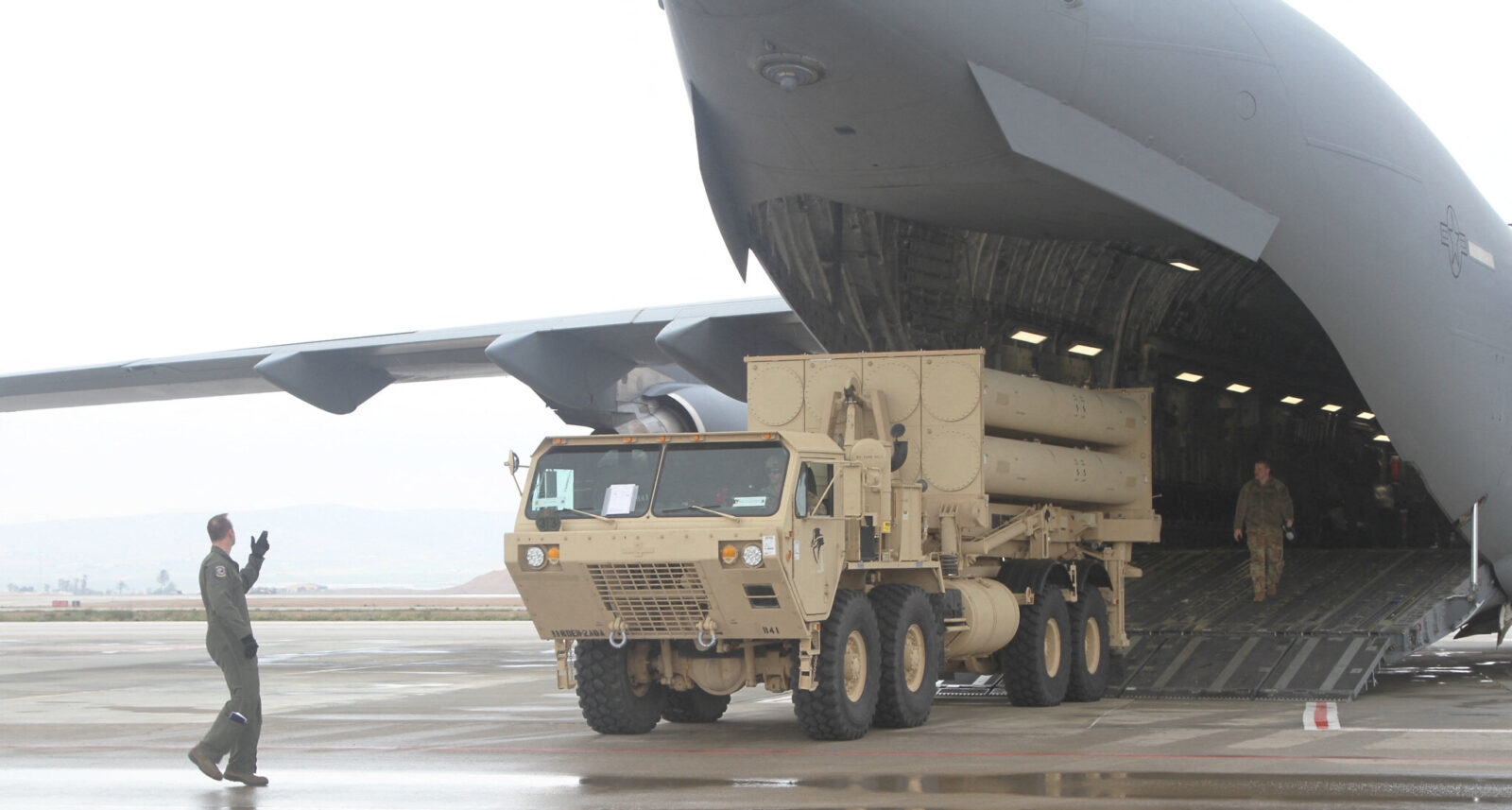
US President Donald Trump disputed his own director of national intelligence, Tulsi Gabbard, on how developed Iran's nuclear capabilities were and said Iran was on the verge of obtaining a nuclear weapon when Israel struck in recent days.
Asked where he personally stands on how close Iran was to getting a nuclear weapon, given what Gabbard testified just months ago, Trump told reporters on Air Force One, "Very close."
When pressed on Gabbard's specific testimony that they weren't, Trump said, "I don't care what she said. I think they were very close to having it."
Gabbard had testified in March that the intelligence community "continues to assess that Iran is not building a nuclear weapon and Supreme Leader Khamenei has not authorized a nuclear weapons program that he suspended in 2003."
US intelligence assessments had concluded that not only was Iran not actively pursuing a nuclear weapon, but it was also up to three years away from being able to produce and deliver one to a target of its choosing.
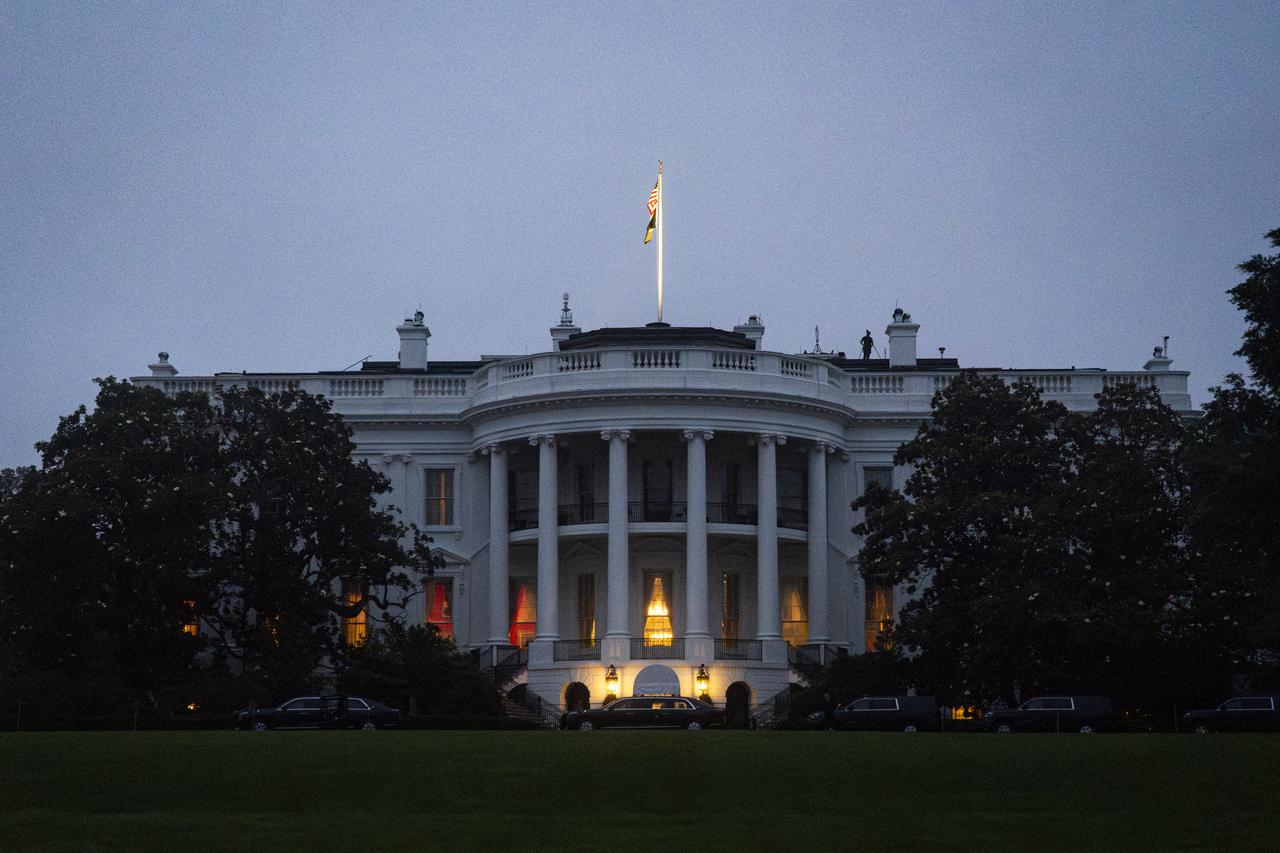
Countries around the world are urgently advising their nationals in Iran and Israel on how to navigate the escalating conflict.
The United States: The U.S. embassy directed all government employees and their family members in Israel, the West Bank, and Gaza to "shelter in place" and "near their residences until further notice." For Americans in Iran, the virtual embassy warned citizens to prepare to "shelter in place for extended periods."
Australia: Foreign Minister Penny Wong said around 650 people had registered with the Australian government to leave Iran, while another 600 people had registered to leave Israel.
India: Indian students in Tehran have been moved out of the city, with some expected to leave Iran via Armenia. The Indian government is attempting to facilitate evacuations for its citizens from Iran.
Pakistan: Hundreds of Pakistani students who left their studies in Tehran amid daily Israeli strikes have crossed back into Pakistan. Five hundred pilgrims had also returned through the same crossing.
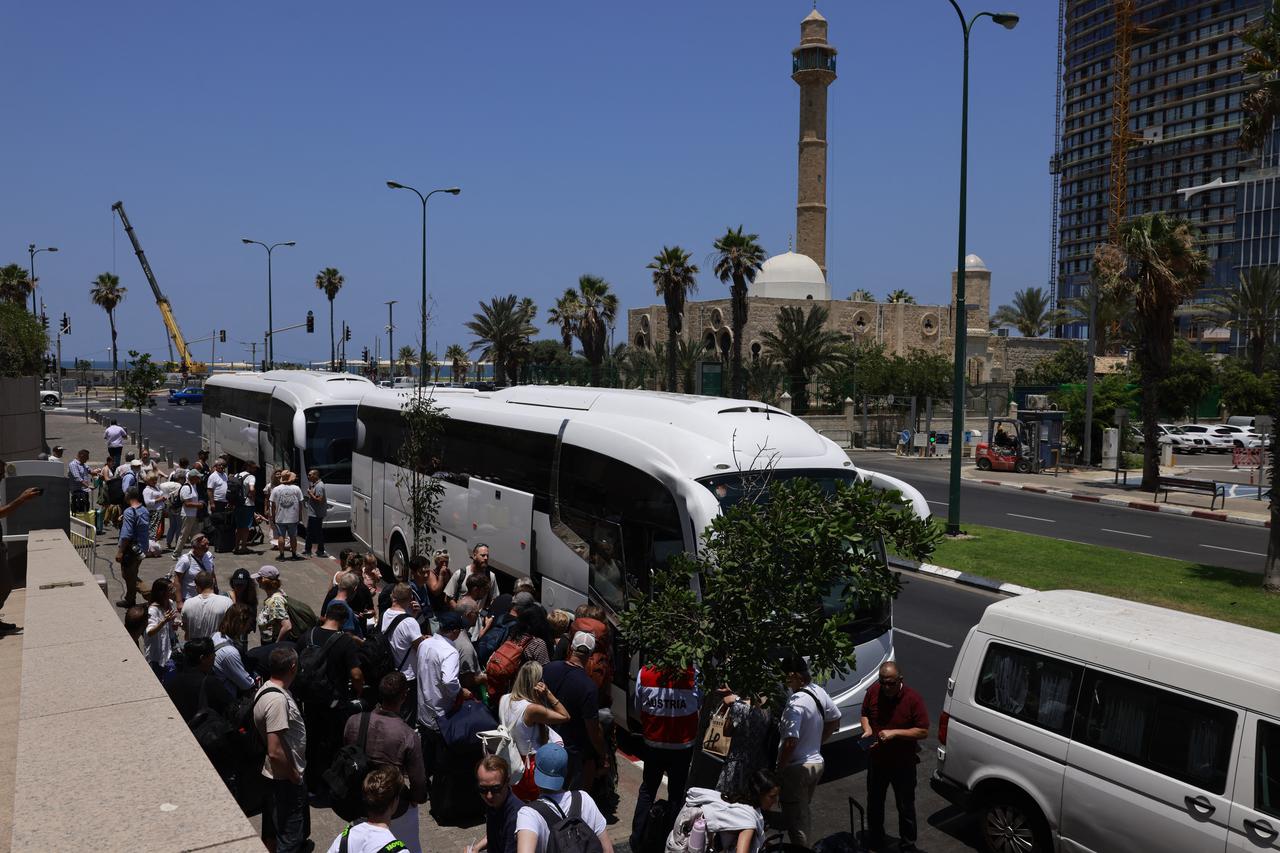
Israel conducted large-scale attacks on June 13 targeting nuclear facilities in various Iranian cities, primarily including the army's top command level.
Iran's Chief of General Staff, Revolutionary Guards General Commander, and some senior commanders, along with 9 nuclear scientists, were killed in the attacks, while total civilian casualties were announced as 224.
In Iran's army's retaliation against Israel with ballistic missiles, 24 people were killed and more than 500 were injured.
Many countries, led by Türkiye, condemned Israel.